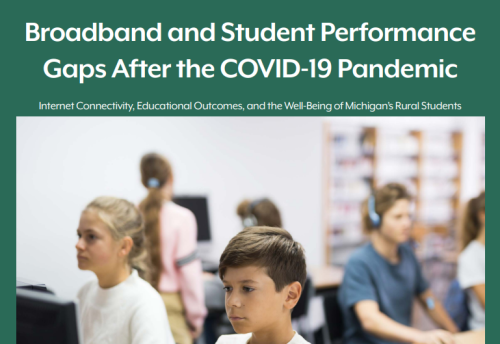Deplorable Telephony
A. Michael Noll
April 7, 2016
© 2016 AMN
The quality and fidelity of a telephone call in the United States are deplorable. Calls are disconnected and it is challenging to understand the other person. In our rush to cheaper telephone service, quality has been thrown to the wind.
Internet telephony utilizes compression to reduce the bit rate – and compression is a compromise with quality. The speech bits need to all arrive promptly and in the correct sequence, or quality is impaired. The Internet is great for data, but less so for telephony. Computer scientists have never understood telephone service. The result is a system that might be great for computers and the Internet, but bad in terms of quality of service. Internet telephony is still just an Interesting experiment – not yet ready for full time.
Cellular telephony was a great innovation, and today allows people to keep in contact when on the move. It too uses compression – compression that analyzes the speech signal and reconstructs a facsimile of at for the receiver of the call. As compression is increased to allow more calls in the restricted bandwidth allocated to cellular, quality deteriorates.
I now have difficulties in understanding the speech when I receive a cellular or Internet telephone call. The compression technology makes two-way full-duplex calls impossible. Once the caller starts talking, the connection is seized and it is impossible to interrupt – it becomes a monologue.
Disconnects are routine. The other day, I received a telephone call over the Internet, and it disconnected about every 7 minutes. Disconnects are frequent with cellular calls too. Telephone calls now require much time redialing each other.
Years ago, telephone engineers were concerned about the transmission quality of telephony, and much effort was spent on improving the technology to improve the fidelity. Today the profit motive dominates telephony – and quality has suffered greatly. Today’s younger consumers do not know the past – and what they are missing in terms of quality. Have texting and email replaced voice telephony? Are government agencies giving too much attention to broadband speeds rather than fidelity?





